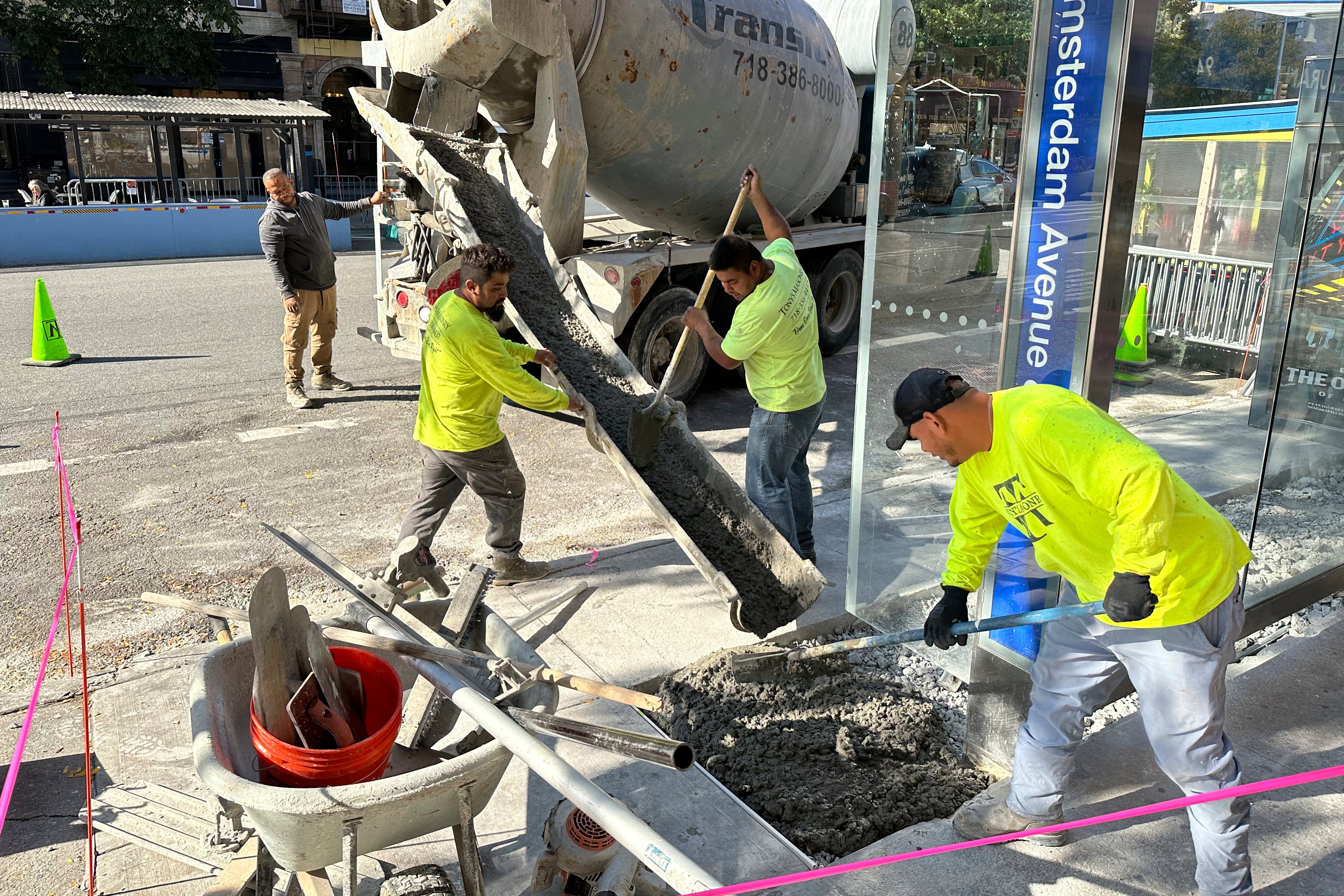Veterans’ ability to thrive in civilian life after war may have more to do with societal support than their own lingering combat trauma, according to a study from the Swedish Defence Research Agency.
In a 20-year study that tracked 2,275 Swedish service members who served as peacekeepers in Bosnia in the 1990s, study authors found no evidence of long-term barriers to veterans’ success in civilian jobs and no indication that time in a war zone permanently impairs those individuals’ ability to move on to future, non-combat jobs.
“Even though the veterans did indeed experience an increased risk of unemployment in the two years immediately following their return from service, there is no indication that in the long run their attachment to the labour market was affected negatively by their service,” the study authors wrote.
“If anything, the results suggest that the veterans, for longer follow-up times, are at lower risk of long-term unemployment.”
RELATED

The report acknowledges unresolved mental health conditions such as post-traumatic stress disorder can produce “poor work-related outcomes” and that past U.S. studies have found significant long-term employment problems among American veterans who served in Vietnam.
But the study authors say a greater emphasis in Swedish military planning on the “physical and mental well-being of those who have served in international peace missions” after war may have produced better results among its country’s veterans.
Swedish personnel serving in international peacekeeping operations have not shown a higher risk of suicide compared to the general population, or shown a higher dependency on antidepressants than their civilian peers, researchers said.
Employment problems have been tougher to gauge, partly because of various job market variabilities. Researchers said when they followed younger troops for two decades after their deployments to Bosnia and accounted for swings in the Swedish unemployment rate, they found some readjustment concerns in only the first two years.
“From the third year after deployment, and up until the end of the follow-up period of 20 years, the veterans no longer demonstrate any increased risk of long-term unemployment,” they wrote.
“The temporary increase in unemployment during the first few years after returning home most likely represents a period of prolonged job search in the labour market rather than an inability to work.”
Whether the Swedish military can serve as a fair comparison for the U.S. military population remains unclear.
In the 1990s, Sweden had roughly 88,000 service members in the ranks. At the height of the wars in Iraq and Afghanistan, the U.S. military’s active-duty and reserve end strength was more than 2.2 million.
The full study is available through the Scandinavian Journal of Military Studies and was republished in the Baltic Sentinel this week.
Leo covers Congress, Veterans Affairs and the White House for Military Times. He has covered Washington, D.C. since 2004, focusing on military personnel and veterans policies. His work has earned numerous honors, including a 2009 Polk award, a 2010 National Headliner Award, the IAVA Leadership in Journalism award and the VFW News Media award.




